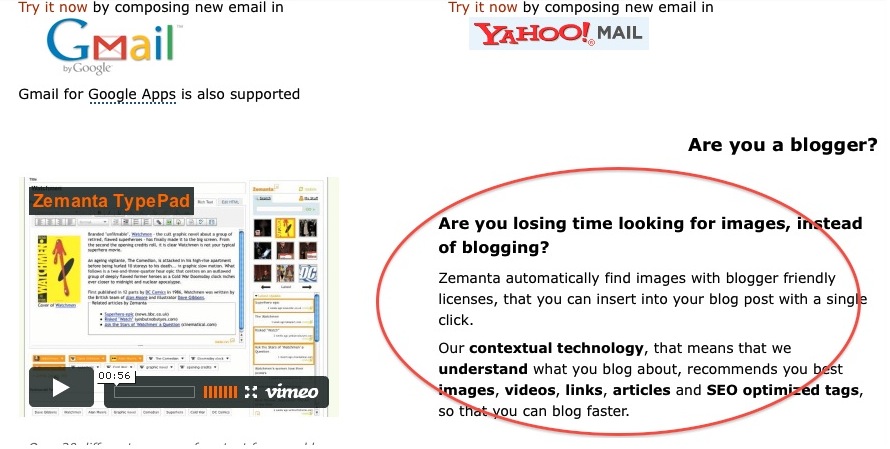 According to the gossip site, radar.com:
According to the gossip site, radar.com:
A photograph posted by Paris Hilton more than a month prior to her drug arrest in Las Vegas could blow up her claim that the purse she was carrying — which contained cocaine — did not belong to her. In mid-July, Paris Tweeted a photograph of a purse and wrote: “Love My New Chanel Purse I Got Today :)” That purse appears to be identical to the purse she was carrying when arrested on cocaine possession charges in Las Vegas last weekend. It could be a stunning blow to Paris’ claim that the purse in which police found cocaine did not belong to her and that she borrowed it from a girlfriend.
Perhaps its too late for Paris—caught in a little white lie–but for legal defense teams everywhere this example should be instructive. Okay, I admit we don’t know if the radar.com story is manufactured or if the TwitPic is just a fake, but I checked out the Tweet and it looks like she (or whoever manages her Twitter account) really did post that photo on July 15th. At any rate, her legal defense team better understand the implications of social media discovery!
When hired to navigate a legal dispute do you ask your client about their online engagement?
Debriefing clients about their online activity should be part of the intake form, I think. It should be routine now as more often than not what happens online ends up in court. Online communications on social networks and blogs, both public statements and those thought to be private, are being brought into legal cases and not just in cases of matrimonial or child custody suits. Social networking discovery can either work in your favor or against you, so it seems pretty critical that lawyers should dig up not only what the opponent might be saying online, but also know exactly how, when, where and what your client is saying in order to build your case. This is not a simple job. Digging deep is time consuming and often links won’t show up in simple social site searches. I’m predicting that if it hasn’t already, beyond electronic documents and email, online discovery will spawn a critical new skill-set for paralegals and competitive intelligence professionals.
Help your clients avoid trouble by offering advanced training.
A lawyer needs to manage their own social networking behaviors and those of their employees, but now it seems they must also manage those of THEIR CLIENTS! Why not offer training classes for your clients and their organizations? Talk about value add, this would be a terrific way to step into the gap, especially for smaller client organizations that may not have the infrastructure to support such educational training.
With the plethora of web-based services available for training, you could you could offer your clients a custom, virtual training room. If you don’t have the staff in-house, consider outsourcing this project to a training consultant who understands best practices of the social Web AND the nuances of how, where and why plaintiffs or defendants trip up online. Or, you might consider creating a set of videos or podcasts for your clients and add them to your YouTube channel and link them from your website. At the very least, employment law attorneys should start including a session on this topic in the seminars they host for prospects and clients.
What, if anything, are you doing to help your clients navigate the legal ramifications of the social web?
Online reputation management is essential in the Internet crazed business environment. In-house counsel are being asked to get up to speed on risk avoidance related to employee online activity and their outside law firms have a real opportunity to lead the way. If you are looking for help for your law firm or if you’re interested in developing a curriculum to share with your client organizations, my company, LawGravity, provides educational programs and has been working in the legal industry for over 15 years. Contact us for help!





